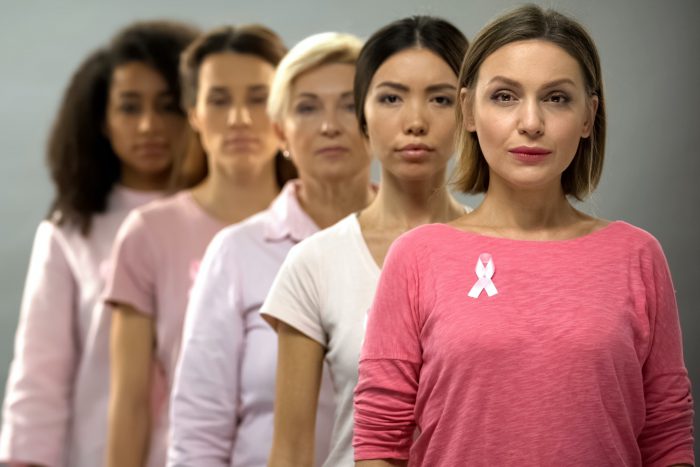
Virtually all sexually active men and women will get human papillomavirus (HPV) infection at least once in their lives. Fortunately, most HPV infection cases do not result in cancer development.
However, it would help if you understood the truth about HPV and everything you need to do to protect yourself from getting HPV-related cancers. Stop believing all the myths and misinformation floating around the internet because bad advice could harm you in the future.
Let us debunk the top myths about HPV and HPV-related cancers.
1) HPV infections affect women only
No. Men and women are susceptible to HPV infections and HPV-related cancers. High-risk HPV infections can lead to anal cancer, cervical cancer, vaginal cancer, penile cancer, oropharyngeal cancer, and vulvar cancer.
2) HPV always causes symptoms
No. Most HPV-infected people do not know they are infected because they show no signs of symptoms. Only a small percentage of infected people will develop symptoms, such as genital warts or cancer.
3) HPV is transmitted only through sexual intercourse
No. HPV transmits from having intimate skin-to-skin contact with an infected person. Even though this kind of skin-to-skin contact usually happens during sexual intercourse, it is possible to contract the virus without having sexual intercourse.
4) HPV treatments are available
Unfortunately, no treatments are available to impact the HPV virus directly. However, you can find treatments for HPV-related symptoms, such as genital warts and precancerous lesions. But these treatments won’t do anything to eliminate the virus itself. You can also take HPV supplements that have promising clinical study results.
5) HPV causes pregnancy problems
No. Most HPV-infected women can still get pregnant. The downside is they can still develop HPV-related symptoms while pregnant, such as genital warts and abnormal cervical cell changes. Pregnant women in this situation should receive regular screenings and treatment from their doctor.
6) The HPV vaccine effects last a lifetime
No. The HPV vaccine offers at least ten years of protection against a few high-risk HPV strains. But some health experts believe the protection lasts much longer for most vaccinated people.
7) The HPV vaccine increases sexual activity among preteens and teens
No evidence suggests the HPV vaccine causes preteens and teens to have more sex. It is safe to assume boys and girls will have sex when it is right for them, regardless of whether they are vaccinated.
8) The HPV vaccine causes health risks
No. All medical evidence shows the HPV vaccine is safe to take and causes no severe health problems or side effects. Only a few people may experience mild side effects from getting the shot, but it has nothing to do with the vaccine. These are common side effects for some people who receive any shot.
9) No Pap testing is needed after receiving the HPV vaccine
No. The HPV vaccine does not protect you from all high-risk HPV strains. Therefore, vaccinated women between 21 and 29 must get pap tested at least once every three years. Women between 30 and 64 should get the HPV and pap tests together at least once every five years. Women 65 and older don’t usually need both tests, but ask a doctor for clarification about this.









